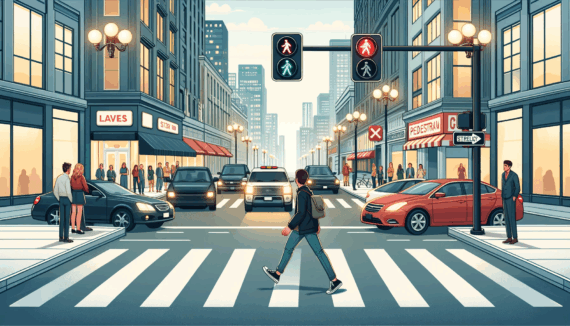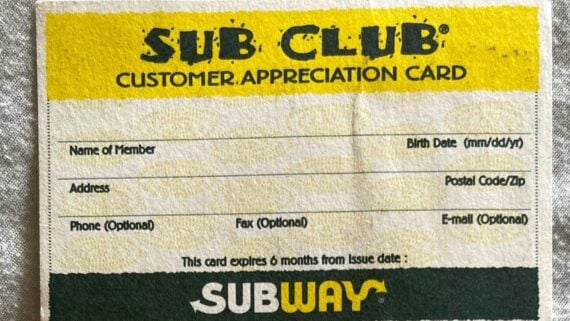Believe it or not, some things that we do in our everyday lives may actually be falling on the wrong side of the law. Unbeknownst to many people, certain commonplace behaviors — which we might dismiss as harmless or trivial — can be considered illegal in certain jurisdictions, and what is considered legal can vary significantly across different cities or regions.
From stealing your neighbor’s WiFi and jaywalking to using a fake name online, here are 12 seemingly innocent things that could actually be illegal.
Related: Bizarre Alcohol Laws From Around the World
1. Connecting To Unsecured Wi-Fi Networks

While it might seem harmless to hop onto an open WiFi network at a café or park, in some places, using someone’s unsecured WiFi without permission is considered theft of services. Similarly, stealing your neighbor’s WiFi to avoid paying for your own internet is also illegal — not to mention unethical to use someone else’s service without their knowledge or permission.
2. Jaywalking
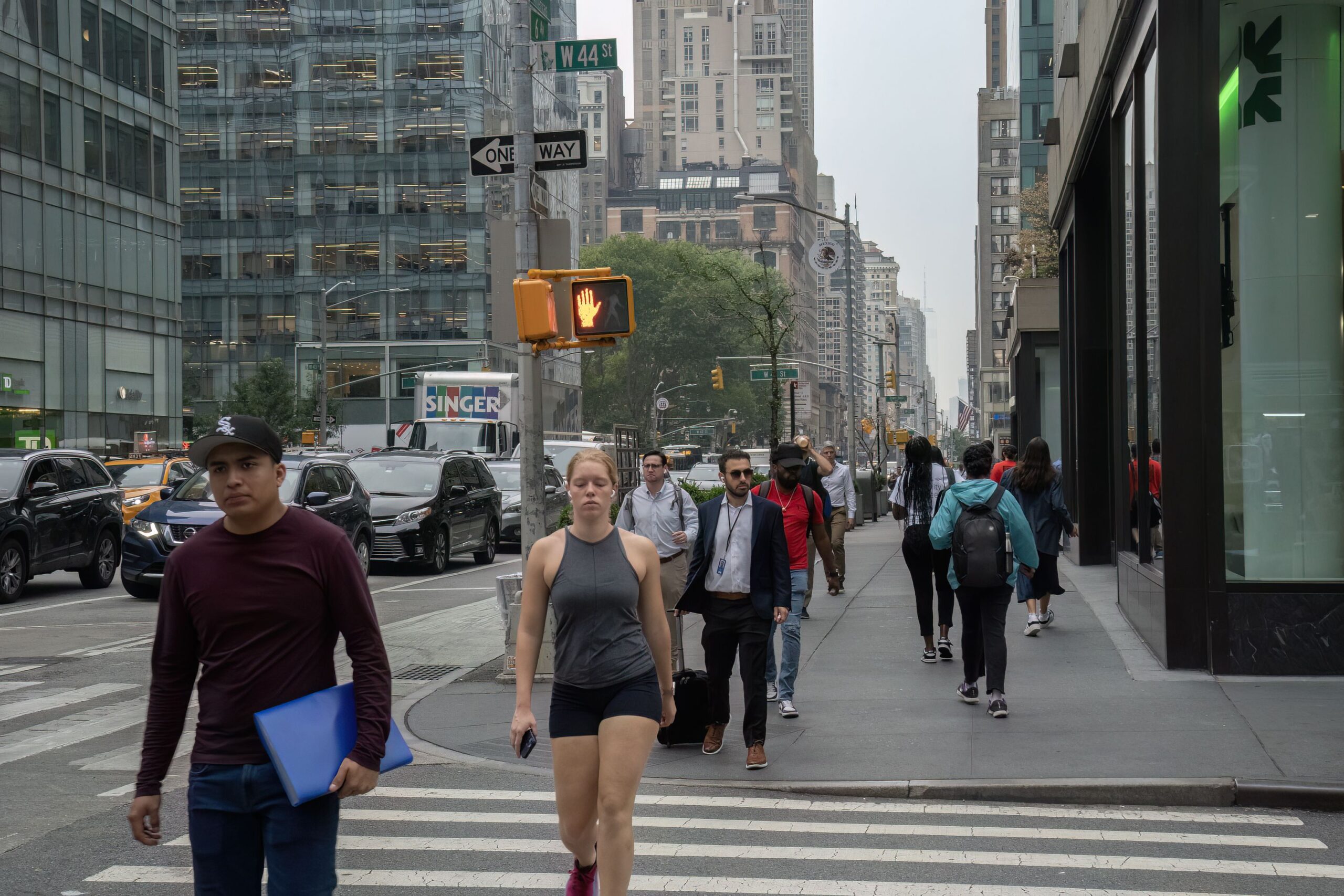
Crossing the road where there’s no designated pedestrian crossing, or when the pedestrian light is red is known as jaywalking. While often overlooked (if you’re from New York like me, then you know that most pedestrians behave like there’s no law against jaywalking even though there is), in most states jaywalking is considered illegal and can result in fines. Interestingly, California recently repealed one of the strictest jaywalking laws in the country with the Freedom to Walk Act.
3. Collecting Rainwater

Yup, as insane as this sounds, in some regions, collecting rainwater without proper authorization can be considered illegal. Water rights laws are complex and can vary greatly amid regions. As such, unauthorized collection can affect the ecosystem and water availability in the area, which could put you in trouble with the law.
4. Sharing Passwords for Streaming Services
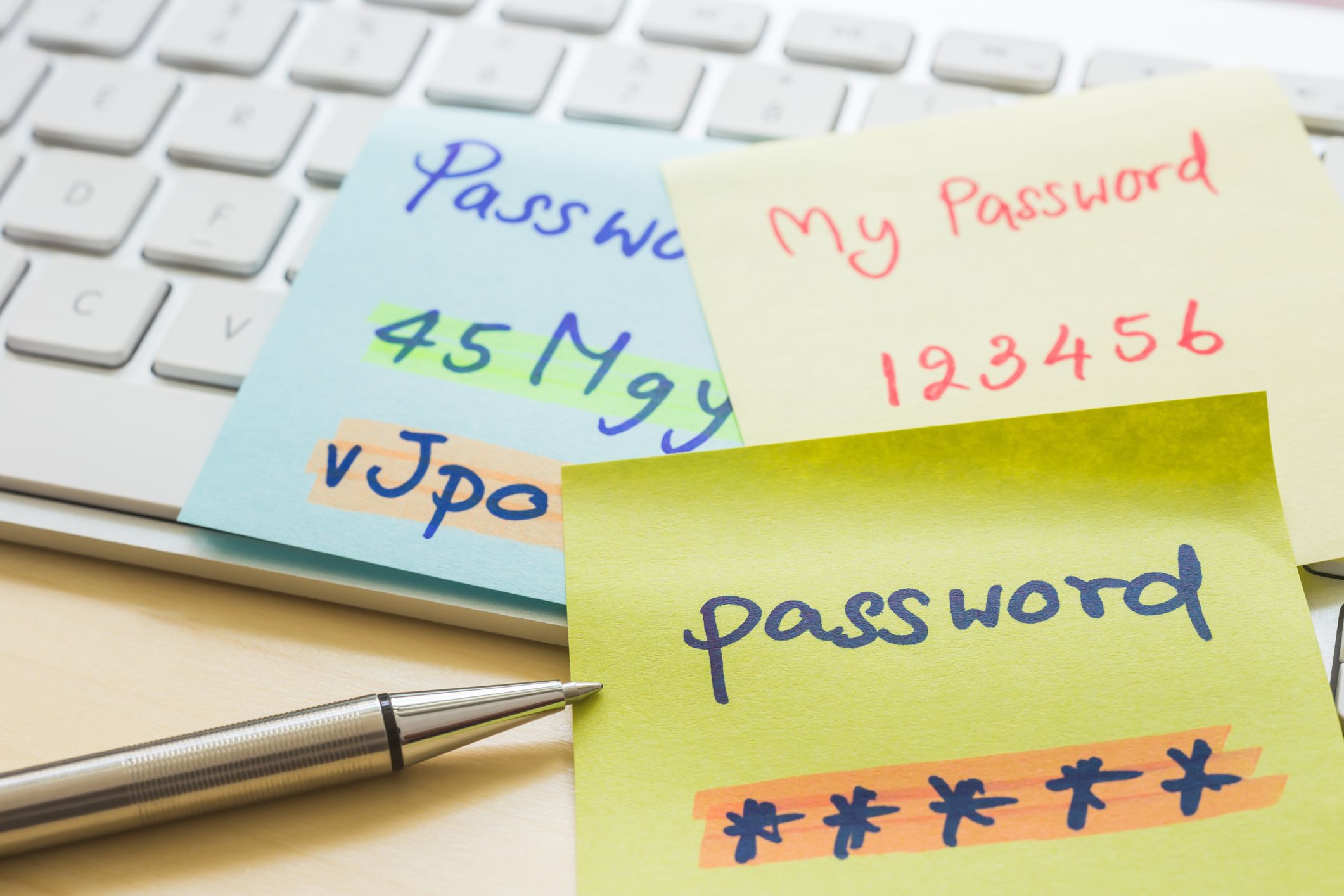
Sharing your streaming service passwords with friends or family members might seem like an innocent and generous thing to do. But in reality, doing so can violate the terms of service of the platform (ahem, Netflix), which can potentially lead to account suspension or, in extreme cases, legal action.
Related: Which Streaming Service Gives You the Most Bang for Your Buck?
5. Using a Fake Name Online
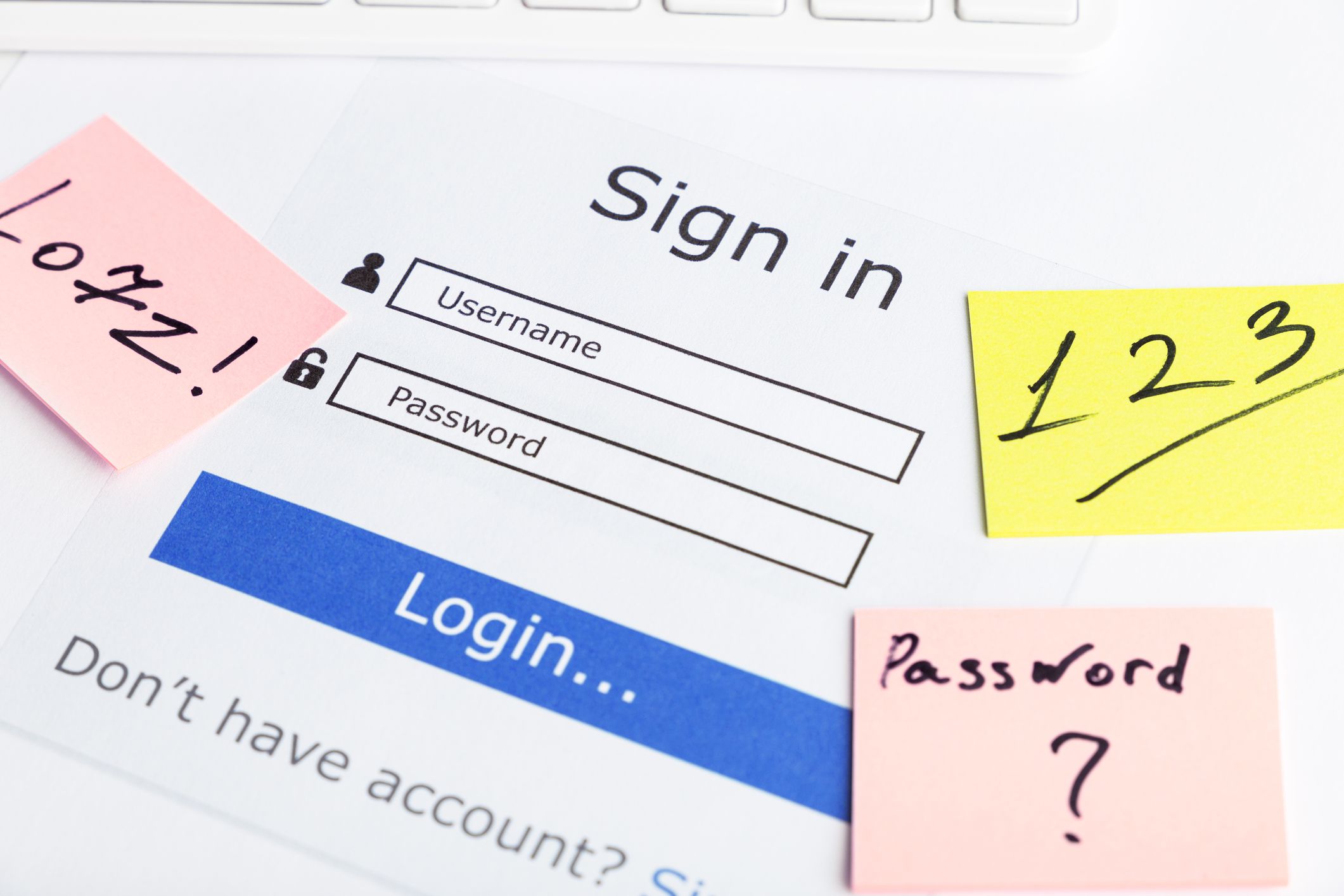
While creating an account with a pseudonym on social media might seem harmless (especially if you’re trying to remain anonymous or want to protect your real identity), it can be considered fraud or misrepresentation in some cases. For instance, creating an account with a false identity to mislead, defraud, or scam others is illegal.
This can include catfishing (pretending to be someone you’re not to), impersonating others for financial gain, or spreading misinformation.
For more savvy consumer news and other money-saving hacks, please sign up for our free newsletters.
Trending on Cheapism
6. Downloading Music or Videos Without Paying

Even though it’s widespread and seen as common practice (who else remembers LimeWire or Napster?), downloading copyrighted music or videos without paying is a form of piracy and is illegal in many countries. It not only violates the legal rights of creators and distributors in the entertainment industry, but can also affect the revenue streams of artists who depend on the purchase of their art or music.
Related: Want to Save Money on Streaming? Rotate Your Subscriptions
7. Throwing Away Electronics in the Trash

Disposing of old electronics like smartphones or laptops in your regular garbage can be illegal. This is because many regions have specific e-waste disposal laws to prevent harmful substances from entering landfills and causing pollution or environmental harm.
Some electronic devices may contain hazardous materials like lead, mercury, cadmium, and arsenic, which can leach into soil and water if not disposed of properly and can pose health risks to humans and wildlife.
8. Eating While Driving

In some places, eating while driving is considered a form of distracted driving and can be subject to fines or penalties. Similarly, texting or looking at your phone while driving is also illegal and can result in severe penalties including fines, having points added to your driver’s license, and in severe cases, criminal charges — especially if the distraction leads to an accident.
Related: 41 Weird Laws From Around the World
Sign up for our newsletter
9. Singing Copyrighted Songs in Public

As crazy as this sounds, singing “Happy Birthday” in a public setting used to be illegal because it was considered a copyright violation. But in 2016, the song was entered into the public domain and can now be sang without legal repercussions (phew!).
However, performing other copyrighted songs without permission can still be illegal as these may require permission from the copyright holders and involve the issue of royalty payments.
Related: Where To Get Birthday Freebies and Discounts for Completely Free
10. Taking Photos of Public Buildings or Infrastructure

In some countries, taking pictures of certain public buildings, military installations, or infrastructure without permission can be considered a security threat and is illegal. In the U.S., certain museums also prohibit the use of cameras in exhibits — particularly those that are sensitive to flash photography — to prevent potential damage to artworks and to respect copyright restrictions.
Related: Tourists Behaving Badly Around the World
11. Removing Tags from Mattresses

While consumers can legally remove mattress tags, the warning against removing them is actually directed at sellers and manufacturers. Removing these tags as a seller can be illegal as they contain important information that include the contents and safety of the mattress, flammability standards, and care instructions.
Related: The One Thing You Should Do to Sleep Better
12. Carrying Permanent Markers or Spray Paint in Public

In some cities, carrying items like permanent markers or spray paint in public can be illegal due to anti-graffiti laws. These laws aim to combat vandalism — particularly the unauthorized defacing of public and private property. Graffiti, while sometimes seen as a form of artistic expression, can result in costly clean-up efforts and negatively impact property values.
Related: Beyond the Museum: Spectacular Outdoor Art You Can See for Free
